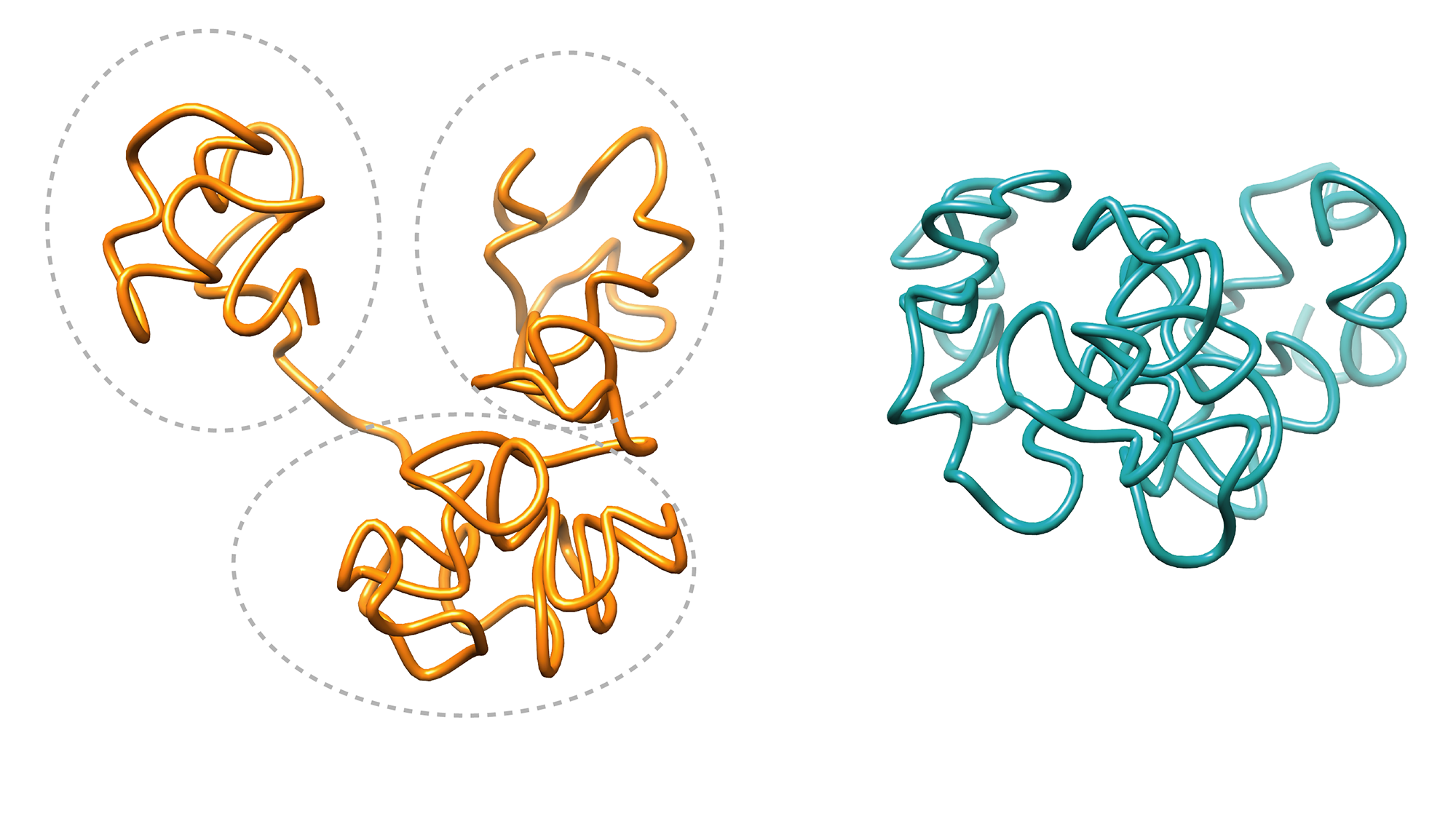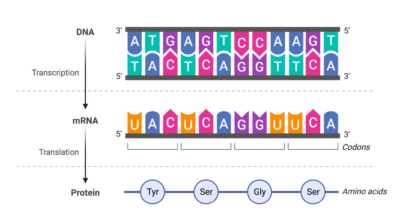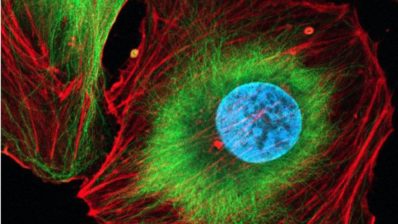The three-dimensional structure of the human genome is essential for providing a rapid and robust inflammatory response, according to researchers led by Thomas Graf at the Centre for Genomic Regulation (CRG). However, it is surprisingly not vital for reprogramming one cell type into another.
Because of its size, the human genome is folded inside the cell nucleus. This packaging allows physical contact of genes with other genes or regulatory elements. A contact that, if the genome was not folded, would not be possible.
This packaging provides the genome with a three-dimensional structure, which is made up of architectural proteins. CTCF is one of them, and one of the most important structural proteins, helping give the genome its global shape.
CTCF has been shown to be essential for embryonic development, DNA repair and cell cycles, as well as many other vital processes.
The role of CTCF in cell transdifferentiation is, however, controversial. In order to study it, the team of researchers has developed a unique system in which human B cells can be induced to become macrophages. Scientists observed that transdifferentiation continued to occur, with or without CTCF, although the shape of the human genome changed. They observed, however, that a lack of CTCF impairs the cell’s ability to provide a complete inflammatory response.
This is one of the first instances in which researchers have shown a link between 3-D genome architecture and inflammation.
Stik, G., Vidal, E., Barrero, M. et al. CTCF is dispensable for immune cell transdifferentiation but facilitates an acute inflammatory response. Nat Genet (2020). https://doi.org/10.1038/s41588-020-0643-0






